Effectual Ways to Treat Your Dog's Drooling
Drooling is a common phenomenon in dogs, but sometimes there may be some serious health problems hidden. To ensure the health of your pet, you are supposed to delve deeper this article to explore the causes of dog drooling and effective treatments.
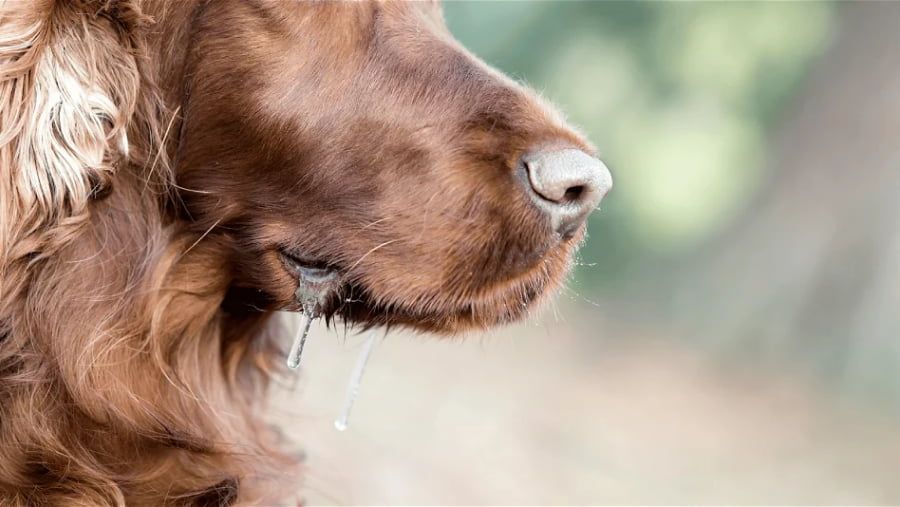
1. The reason why the dog drools
Physiologic drooling
The salivary glands of dogs are relatively strong, and their tongues are short and unable to swallow the excess saliva, resulting in drooling. In addition, some breeds of dogs, such as bulldogs, chow Chow, etc., are naturally prone to drooling.
Pathological drooling
(1) Oral diseases: Oral ulcers, gingivitis, periodontitis and other oral diseases may cause dogs to drool. These diseases can cause pain in the mouth and stimulate the salivary glands to produce more saliva.
(2) Neurological diseases: Certain neurological diseases, such as stroke, epilepsy, etc., may cause dogs to drool. These diseases can affect your dog's nervous system and cause uncontrolled saliva production.
(3) Digestive diseases: Digestive diseases such as esophageal stenosis and reflux esophagitis may cause dogs to drool. These diseases can cause the dog to have difficulty swallowing, which causes saliva to flow out of the body.
2. Effective ways to treat dog drooling
Physiologic drooling
For physiological drooling, there is usually no need to worry too much. However, in order to maintain your dog's oral hygiene, you can take the following steps:
(1) Clean your dog's: use a pet toothbrush and toothpaste and clean your dog's mouth every day to reduce the growth of oral bacteria.
(2) Provide a healthy diet: Provide your dog with a nutritionally balanced diet and avoid feeding greasy, spicy or irritating foods.
(3) Give vitamins and minerals: Provide your dog with the right amount of vitamin and mineral supplements to boost its immunity.
Pathological drooling
For pathological drooling, it is necessary to take the dog to a medical doctor in time for diagnosis and treatment. Here are some possible treatments:
(1) Treatment of oral diseases: For oral diseases, anti-inflammatory drugs, oral cleansers can be used for treatment. In severe cases, surgery may be required.
(2) Treatment of neurological diseases: For neurological diseases such as stroke and epilepsy, drugs may be needed to control and treat them. Depending on the severity of the condition, physical therapy and rehabilitation may also be required.
(3) Treatment of digestive system diseases: For digestive system diseases such as esophageal stenosis and reflux esophagitis, drugs may be needed for treatment. In severe cases, surgery may be required.
3. How to prevent dog drooling
Check oral well-being routinely: Clean your canine's mouth consistently to keep up with oral well-being. It very well may be cleaned routinely with a pet-explicit toothbrush and toothpaste.
Give a solid eating routine: Furnish your canine with a healthfully adjusted diet and keep away from greasy, zesty or bothering food varieties. This can decrease the frequency of oral aggravation and irritation.
Keep away from over-fervor and uneasiness: Over-energy and nervousness can make your canine slobber. In day to day existence, attempt to try not to animate your canine's feelings and keep it quiet and stable.
Keep up with legitimate activity: Appropriate activity can advance your canine's actual well-being and insusceptibility. Taking your canine for a day to day walk, play or instructional course can assist with keeping him sound and lessen slobbering.
Brief clinical treatment: Assuming the canine has unusual slobbering, take it to the specialist in time for assessment and treatment. Abstain from fueling medical issues by deferring ailment.
To sum up, when a dog drools too often, there may be something wrong to it, you should take above mentioned steps to help it, but anyway, going to see a vet is the best and the most correct way.
Guess you like
-
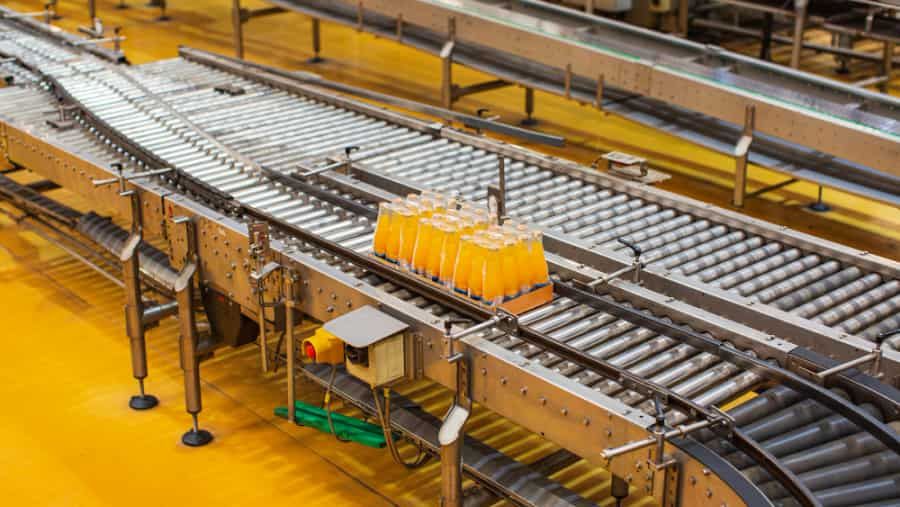
Top Mexican Conveyor Maintenance Services: Ensuring Efficiency and Longevity
-
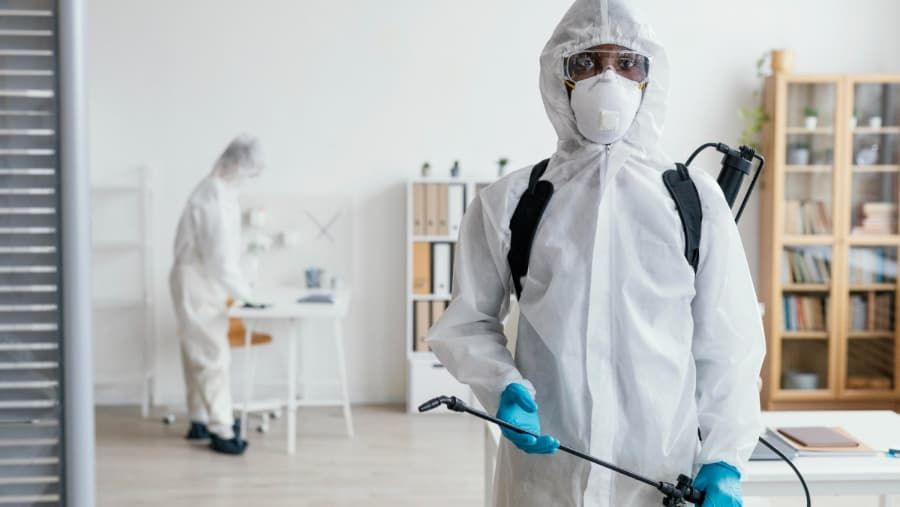
Pest Control Protects Your Home
-
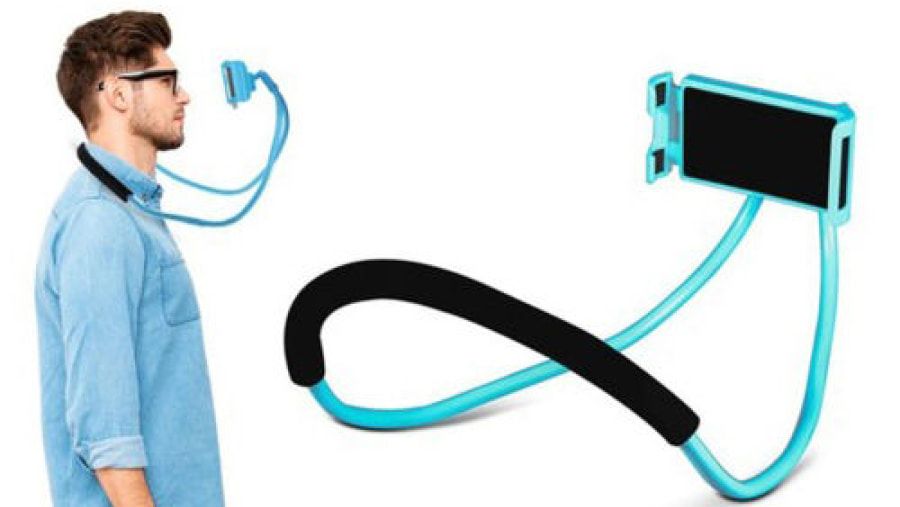
Free Government Phone Stand Located Nearby
-
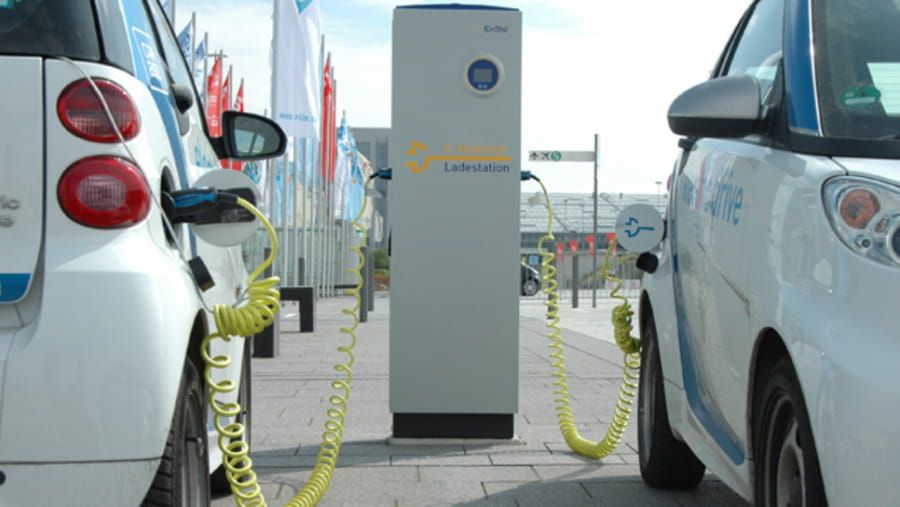
Elektrofahrzeuge: Eine bequeme und wirtschaftliche Wahl für ältere Fahrer
-

Tips for Old People to Find Jobs
-
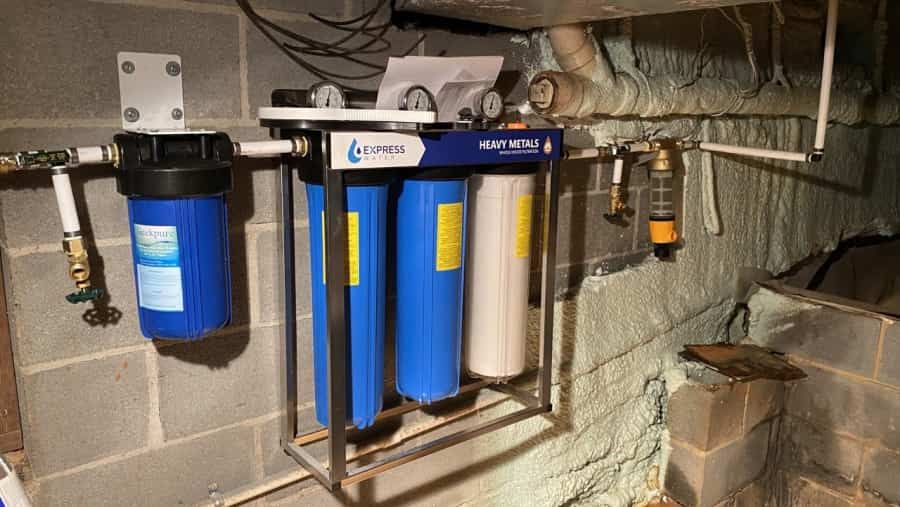
Whole House Water Softener and Filtration Systems: An Overall Introduction



